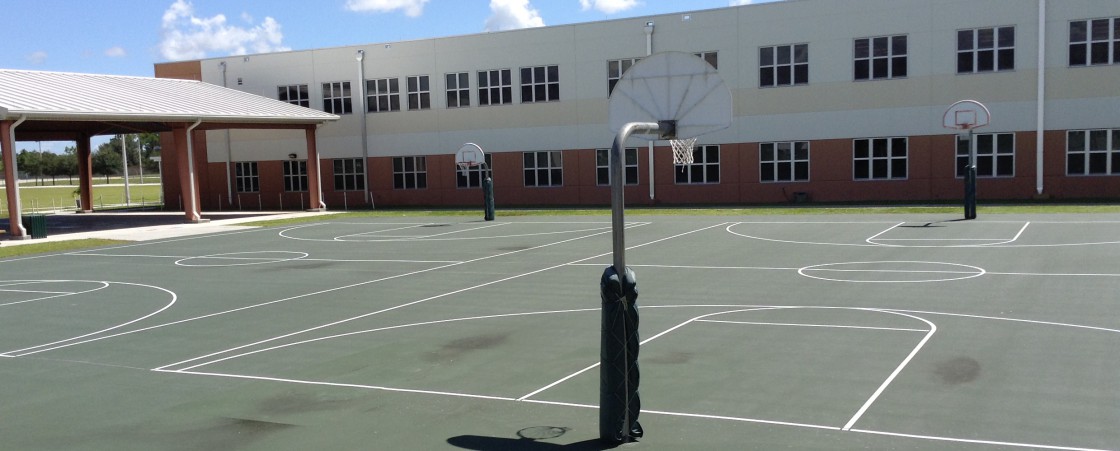In the latest episode of our podcast, we cast off on an exhilarating journey, exploring the elementary Physical Education (PE) game “Man Overboard.” This engaging activity is more than just a way to get kids moving; it’s an imaginative experience that encourages listening skills, teamwork, and a sense of adventure among kindergarteners and first graders.
The essence of “Man Overboard” lies in its simplicity and the lively interaction it fosters. As children dash across the basketball court, which doubles as their imaginary ship, they must be quick to respond to a series of commands issued by their ‘captain.’ The commands – back of the boat, middle of the boat, front of the boat, and man overboard – are not just arbitrary instructions; they’re the foundation of an active listening exercise that’s both enjoyable and educational.
In this game, every child is an integral crew member, and their mission is to navigate the high seas of play. But what makes “Man Overboard” particularly special is its adaptability. While it can be played as an elimination game, the focus is always on inclusion. Eliminated students aren’t left to idle; they’re given alternative activities that keep them engaged, such as playing with hula hoops or participating in a game of four square. This ensures that every student, regardless of their physical ability or attention span, remains a part of the action.
As we delve into the podcast, we share valuable insights on class sizes, space requirements, and tactics to keep the game fresh and challenging. The importance of listening and following directions is highlighted, and teachers are provided with creative strategies to maintain a fun, supportive environment. Whether it’s rewarding attentive listeners with school-wide currency like Bear Paws or just offering praise, recognition plays a key role in motivating students.
Our discussion also touches on the adaptability of the game for different age groups. While kindergarteners and first graders may revel in the simple joy of the activity, second graders, with their quicker reflexes, might require a more challenging version to stay engaged. This illustrates the importance of tailoring PE activities to suit the developmental stage of the children, ensuring that the game remains a hearty challenge for all involved.
This episode isn’t just a narration of a game; it’s an invitation to rethink the way we approach physical education. By integrating imaginative play into active exercises, we’re not only promoting physical health but also nurturing cognitive skills like attentive listening and quick decision-making. It’s about shaping an environment where the joy of movement is paired with mental agility, and where each day presents a new opportunity for adventure and growth.
As the podcast concludes, we leave our listeners with a rallying cry to continue inspiring young minds through innovative PE activities. “Man Overboard” is more than just a game – it’s a testament to the power of play in education. It underscores the fact that when children are having fun, they’re also learning, growing, and developing skills that will serve them well both in and out of the classroom.
So hoist your sails, PE teachers, and chart a course for adventure in your next class. With games like “Man Overboard,” you’re not just teaching kids how to be active; you’re captaining young minds on an unforgettable voyage of discovery.
coachcarney99
Large Group Physical Education
